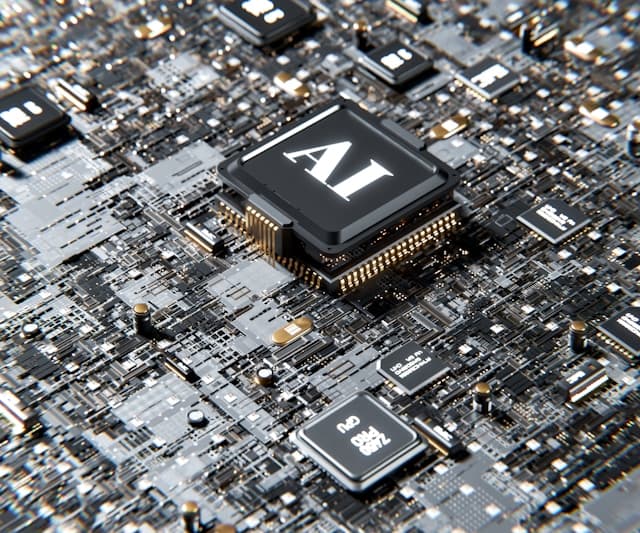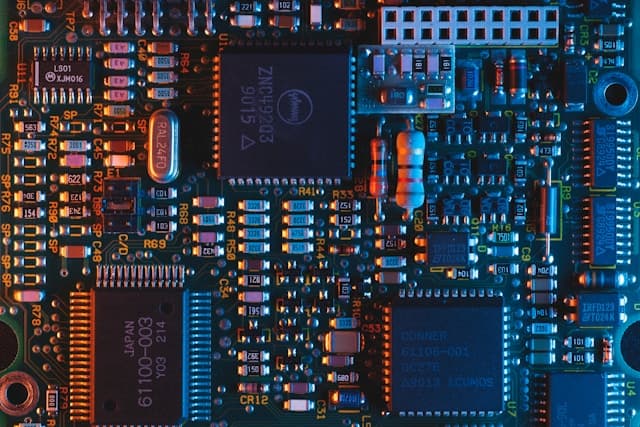For decades, the power of classical computers has scaled exponentially, driven by Moore's Law. However, as we push the physical limits of silicon, a new paradigm is emerging: quantum computing. While still in its nascent stages, quantum computing promises to solve problems that are intractable for even the most powerful supercomputers today, ushering in an era of unprecedented computational power.
What is Quantum Computing?
Unlike classical computers that use bits representing 0 or 1, quantum computers utilize qubits. Qubits leverage two fascinating principles of quantum mechanics:
- Superposition: A qubit can exist in a state of 0, 1, or both simultaneously. This means a quantum computer can process multiple possibilities at once.
- Entanglement: Qubits can become "entangled," meaning their states are linked, even when physically separated. Measuring one instantly affects the state of the other, allowing for complex correlations.
These principles allow quantum computers to explore vast numbers of possibilities in parallel, enabling them to tackle problems that would take classical computers billions of years to solve.
Where Will Quantum Computing Have the Biggest Impact?
The implications of quantum computing span across numerous sectors, promising revolutionary breakthroughs:
- Drug Discovery and Materials Science: Impact: Simulating molecular interactions and material properties at an unprecedented level of detail.Opportunity: Accelerate the discovery of new drugs, design highly efficient catalysts, and engineer novel materials with tailored properties (e.g., superconductors, advanced batteries). This could cut years off R&D cycles.
- Financial Modeling and Optimization: Impact: Handling complex optimization problems with vast numbers of variables.Opportunity: More accurate financial modeling, optimized portfolio management, fraud detection, and complex risk analysis. Quantum machine learning could identify patterns invisible to classical algorithms.
- Artificial Intelligence and Machine Learning: Impact: Enhanced data processing and pattern recognition for AI.Opportunity: Powering more sophisticated AI algorithms for image recognition, natural language processing, and complex decision-making, potentially leading to breakthroughs in AGI.
- Cryptography and Cybersecurity: Impact: Posing a significant threat to current encryption standards, but also offering new solutions.Opportunity: Quantum computers could break many of the public-key encryption algorithms that secure our internet communications (e.g., RSA). This necessitates the development of post-quantum cryptography (PQC), algorithms designed to be resistant to quantum attacks. Simultaneously, quantum cryptography offers fundamentally secure communication channels.
- Logistics and Optimization: Impact: Solving complex logistical challenges with numerous variables.Opportunity: Optimizing global supply chains, traffic flow, airline scheduling, and delivery routes, leading to significant cost savings and efficiency gains.
- Climate Modeling and Environmental Science: Impact: Simulating complex climate systems with greater fidelity.Opportunity: More accurate climate predictions, better understanding of complex environmental processes, and optimization of renewable energy grids.
Challenges and the Road Ahead
Despite its immense promise, quantum computing faces significant challenges:
- Hardware Development: Building stable, error-corrected qubits that can maintain their quantum states (coherence) for long enough to perform complex computations is extremely difficult. Current quantum computers are still "noisy" and prone to errors.
- Algorithm Development: Developing quantum algorithms that can effectively leverage the unique properties of qubits is a specialized and evolving field.
- Scalability: Scaling up the number of qubits while maintaining coherence and connectivity is a major hurdle.
- Accessibility: Quantum computers are currently accessible primarily through cloud platforms (e.g., IBM Quantum Experience, Amazon Braket, Azure Quantum).
- Talent Gap: A shortage of quantum physicists, computer scientists, and engineers specializing in quantum computing.
The Near Future (NISQ Era): We are currently in the "Noisy Intermediate-Scale Quantum" (NISQ) era. This means quantum computers are powerful enough to perform computations beyond classical capabilities for specific problems but are still susceptible to noise and errors. Practical, broadly applicable quantum advantage is still some years away, but incremental breakthroughs are happening regularly.
The rise of quantum computing is not just a technological curiosity; it's a fundamental shift in our computational capabilities. While the commercial impact may still be a few years off for many sectors, businesses and governments are actively investing in research, talent development, and exploring potential applications. Those who start understanding and experimenting with this transformative technology now will be best positioned to harness its revolutionary power when it matures.






